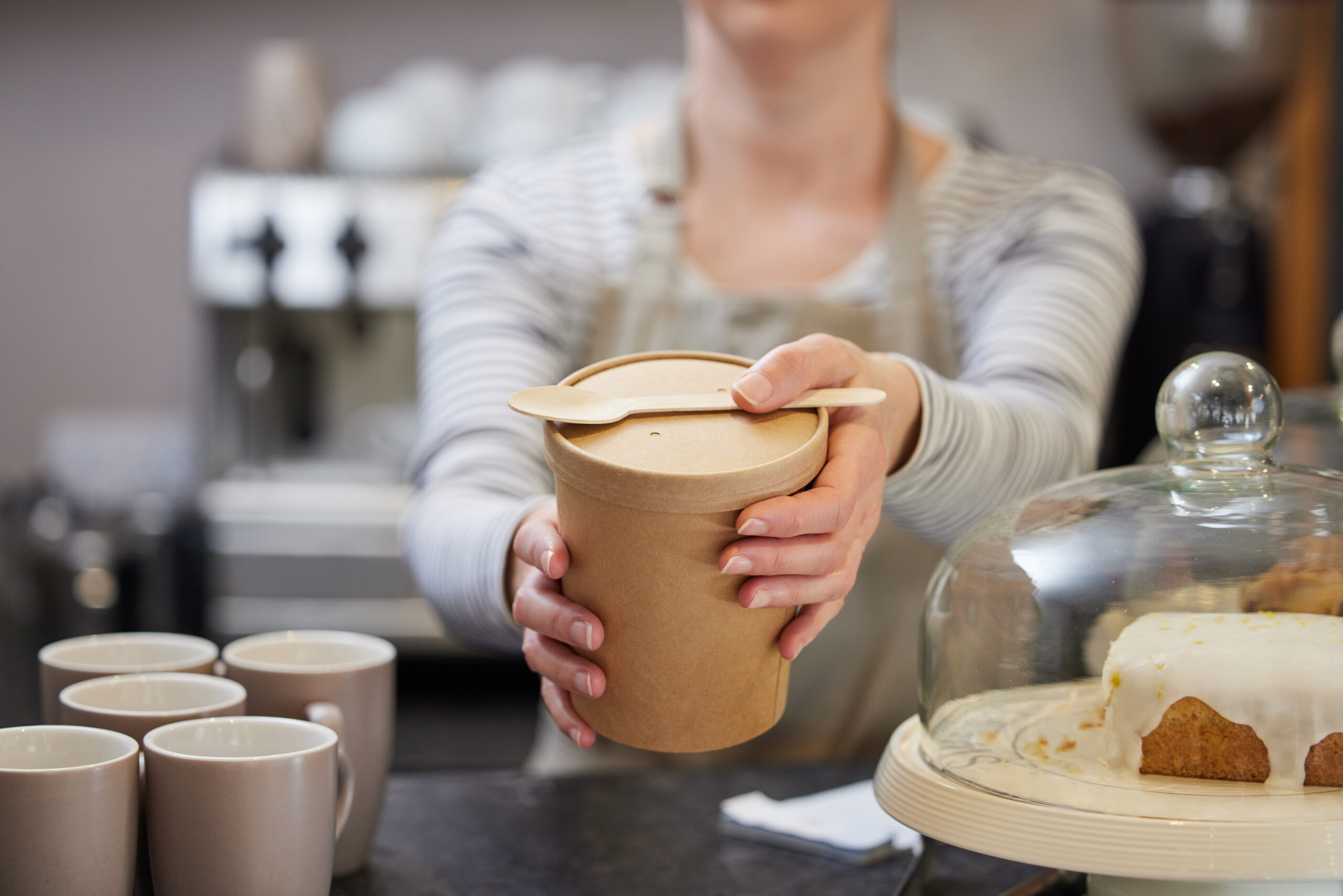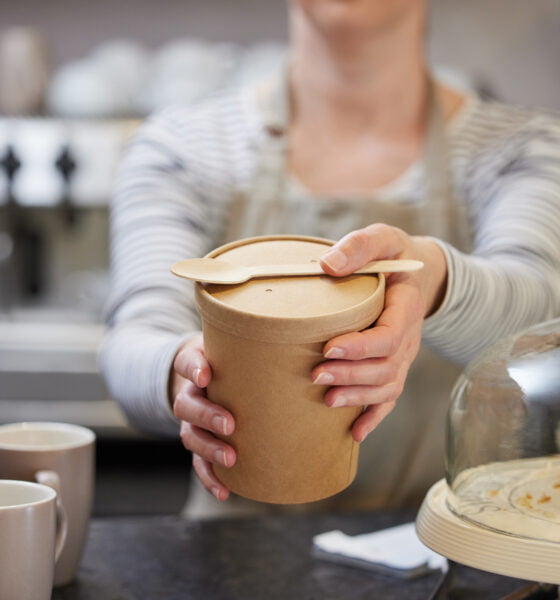

Sustainability
Teaching Them While They’re Young: Sustainability Tips for All Ages
For many families, following a greener lifestyle is more than just sorting through your plastics for recycling and reducing your meat consumption to just a few times a week. It’s also a way of life, a series of ingrained habits that can come almost as a second nature to you. Just like you’d want to make sure you talk to your children about your other beliefs and values, you also want to make sure they share your same enthusiasm about living a more zero-waste, sustainable life.
However, trying to instill those same habits into your children can be a unique challenge, especially if your kids haven’t quite learned just yet why these behaviors actually matter. They may have a lot of questions for you about it or, on the other hand, they might seem bored and disinterested in hearing your perspectives on the subject. Because of this, it’s especially important to take the time to teach sustainability at a young age, while they’re more receptive to it.
From the very first “why” that comes out of an inquisitive toddler’s mouth to the defiant “who cares?” pushback that can come from your angsty teenager, sharing your greener perspectives with children of all ages can help ensure that they eventually grow to embrace a more environmentally conscious lifestyle, too. Fortunately, talking with your children about your values doesn’t have to be a huge or especially difficult task – especially if you start their education at a young age!
Teaching Toddlers
While your infant isn’t going to care too much about sustainability, your toddler is now at the perfect age to begin learning about a zero-waste lifestyle. With their natural inquisitiveness and eagerness to copy their parents, this is a great time to show them how to be sustainable. While they won’t be building a compost heap in the backyard quite yet, you set them up for a solid foundation in building strong habits by just being yourself. Whether or not you realize it, they’re paying attention to everything you do.
Learning with Little Ones
At this age, your child’s brain is very malleable, which means they’re going to listen to you closely when you talk to them about your love of animals and nature. For them, this is the ideal opportunity to offer simple explanations for the choices you make, such as why you choose fresh and local produce or buy bulk groceries with less packaging. If you follow a plant-based or vegetarian diet, you can also share with your children about where meat comes from, too.
Advising Adolescents
Raising an adolescent can be both very tricky but also incredibly rewarding. They’ve got a mind of their own, and they’re not afraid to give you a piece of it if they disagree with you about something! For them, why not get more involved in their lives and find ways to make sustainability fun and enjoyable activities for them? Plant a garden (and let them help you prepare meals with its harvest!), take them camping, and even bring them along with you when you volunteer at the local recycling facility.
Tutoring Teenagers
Teenagers are in class of their own. At this age, they’re so close to becoming adults, and they’re eager to take on the world and make a huge impact on it. This is a wonderful time to really open them up to learning about sustainability. On that note, they may start asking about getting their license and practicing their driving skills. During this conversation, be sure to talk to them about being safe and green behind the wheel – and of course, there’s no shame in walking or riding their bikes, either!
Educating Everyone
Nobody likes a lecture, so this isn’t the time to go off on long-winded speeches about living a zero-waste lifestyle. That said, if you meet someone who has expressed interest in learning more, why not point them in the direction of a few valuable resources to get them started? Websites like the Environmental Protection Agency (for eco-conscious habits), the World Wildlife Fund (for love of animals), and AlternativeSustainability.com (for cleaner energy) are all fantastic launching points.
There’s no wrong age to share your excitement about living a greener life with those you care about. While the best time to start doing it was yesterday, today is also a really good chance to get that conversation started. By carefully tailoring the way you approach it so it’s more age-appropriate, though, you can help make sure the lesson is well-received and heard by all ears – and in turn, you’ll also successfully teach them how to love Mother Nature (and everything she has to offer to us!) just as you love her yourself.


 Environment12 months ago
Environment12 months agoAre Polymer Banknotes: an Eco-Friendly Trend or a Groundswell?

 Features11 months ago
Features11 months agoEco-Friendly Cryptocurrencies: Sustainable Investment Choices

 Features12 months ago
Features12 months agoEco-Friendly Crypto Traders Must Find the Right Exchange

 Energy11 months ago
Energy11 months agoThe Growing Role of Solar Panels in Ireland’s Energy Future
















